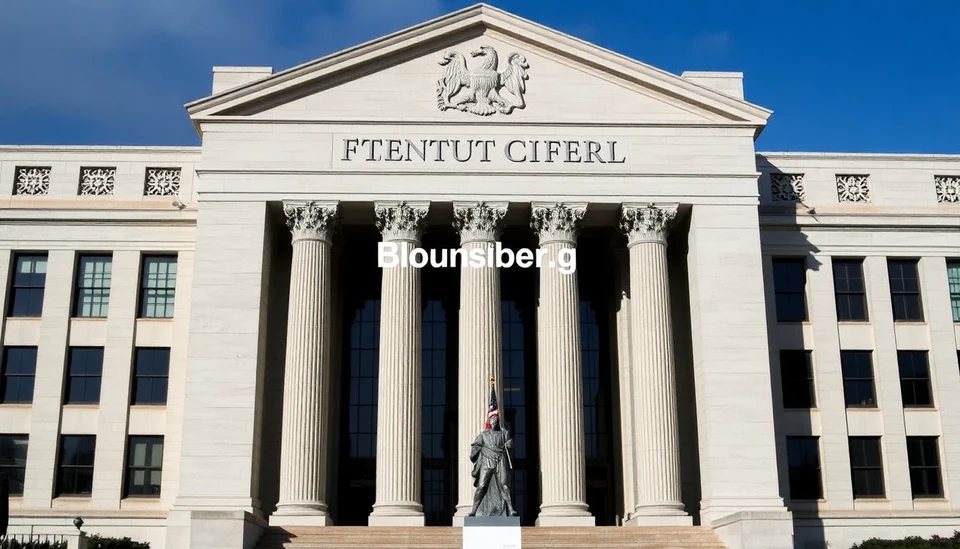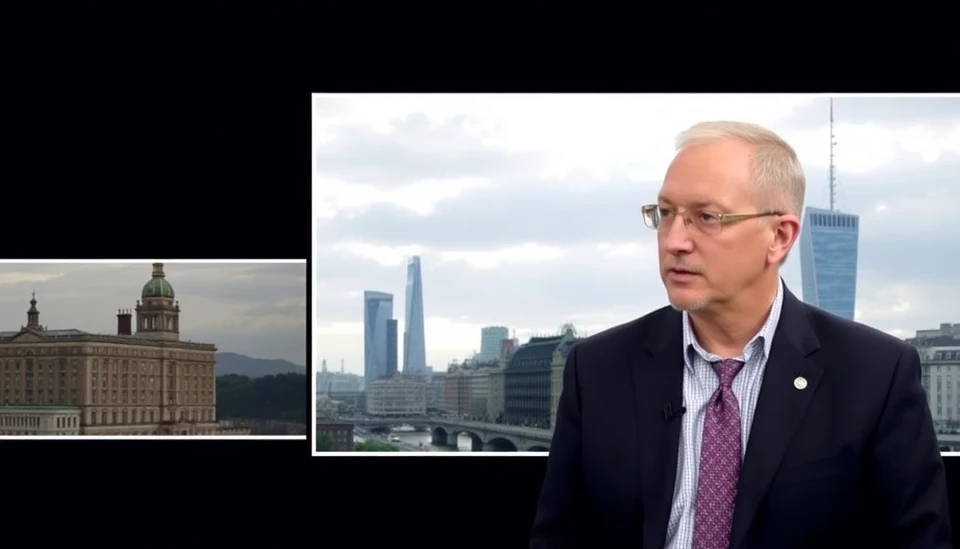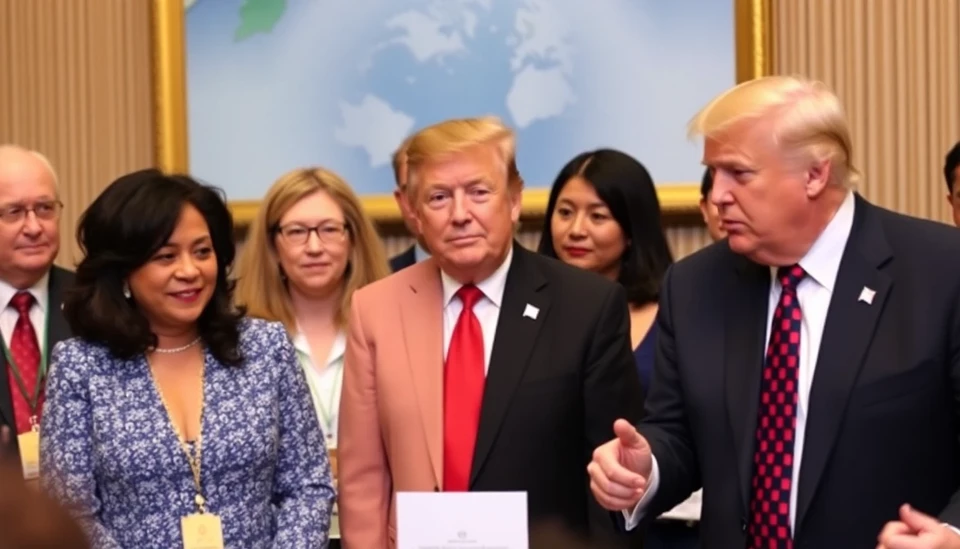
In a notable editorial misstep, Bloomberg News has officially retracted an earlier article that inaccurately reported details about the Federal Reserve's climate program. The piece in question was published on February 6, 2025, and it claimed the Fed was planning to implement specific financial mechanisms that would amount to a government-backed climate investment. This assertion raised eyebrows and prompted widespread scrutiny, not only from economic analysts but also from environmental advocates and policymakers.
The erroneous article suggested that the Federal Reserve was about to engage in actionable climate financing, a move that many viewed as outside the central bank's traditional role. It led to a flurry of reactions across various sectors, with experts expressing concerns over the potential implications for monetary policy and market stability. Some commentators even suggested that such an initiative could blur the lines between fiscal and monetary policy, which are typically maintained as separate spheres of influence.
Following the publication, the Federal Reserve issued a prompt response, clarifying that it had no intentions of rolling out any financial investments specifically targeting climate initiatives. The central bank emphasized its commitment to maintaining its primary responsibilities of regulating monetary policy and ensuring financial stability.
Bloomberg ultimately acknowledged the inaccuracies in the report and has taken steps to address the oversight. The outlet issued a formal retraction, stating, "We regret the error and sincerely apologize for any confusion caused to our audience and the stakeholders involved." This statement also underscored Bloomberg's ongoing commitment to journalistic integrity and accuracy in reporting, particularly on complex issues like climate finance, which are subject to intense scrutiny and public interest.
The retraction serves as a reminder of the critical importance of fact-checking and responsible reporting, especially in a rapidly evolving landscape where financial institutions are increasingly being scrutinized for their role in combating climate change. Journalists and news organizations, aware of their influence, must ensure that the information disseminated is not only accurate but also reflective of the nuanced dynamics at play in financial regulatory discussions.
In summation, this incident highlights the delicate balance that news outlets must strike between informing the public and avoiding the pitfalls of sensationalism. As the dialogue on climate-related economic policies progresses, it increasingly becomes the responsibility of media organizations to uphold rigorous standards of accuracy to foster informed discussions among the public, policymakers, and business leaders alike.
#Bloomberg #Retraction #FederalReserve #ClimateFinance #JournalisticIntegrity #MediaCorrection #FinancialNews
Author: Megan Clarke




